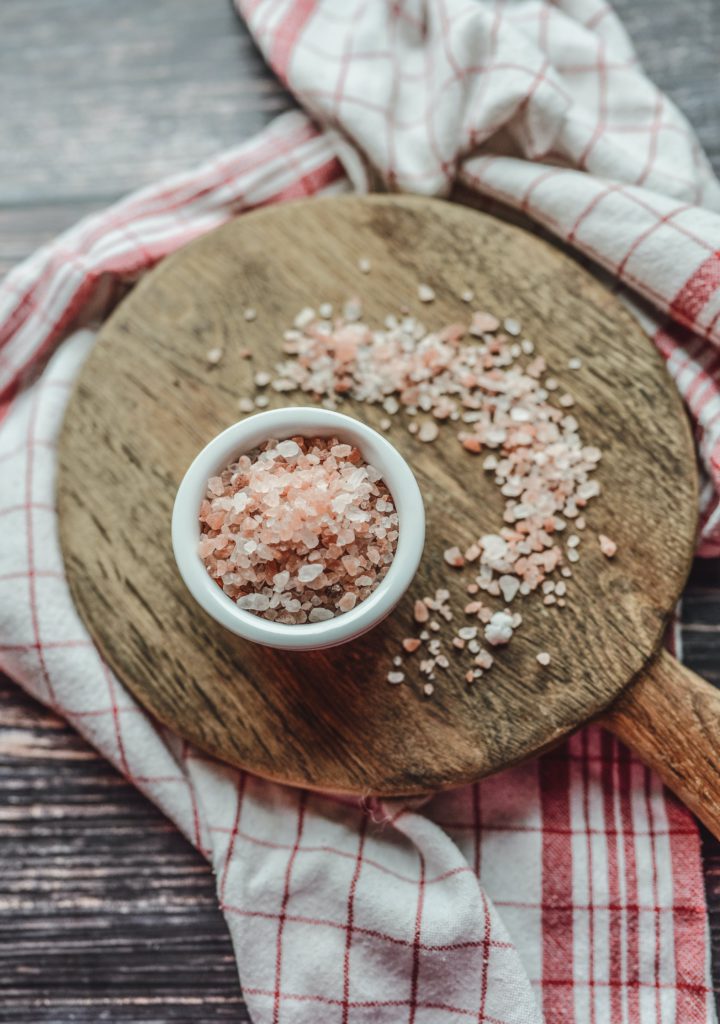Watch your sodium intake
Watch your sodium intake
Continuing the focus on elder health and nutrition, another critical aspect to consider is monitoring sodium intake. Consuming excess dietary sodium can lead to the retention of excessive fluid, resulting in elevated blood pressure. This heightened blood pressure places additional strain on the heart and is associated with potential risks such as heart failure, stroke, and kidney disease.
Reducing sodium intake can be achieved through practical dietary adjustments, such as limiting the consumption of processed foods. Processed foods are notorious for their high sodium content, and opting for fresh, whole foods can significantly contribute to sodium reduction. Additionally, flavoring meals with herbs and lemon juice instead of salt not only enhances taste but also supports a heart-healthy lifestyle.
In line with health guidelines, the American Heart Association recommends a sodium intake of no more than 1,500 mg per day for most adults, particularly those with high blood pressure. Adhering to these recommendations is vital for the elderly population as they are often more susceptible to these health concerns.


By integrating these dietary strategies alongside the promotion of fiber-rich foods, older adults can establish a well-rounded and wholesome nutrition plan. This collective approach not only addresses digestive health but also targets key cardiovascular concerns, fostering overall well-being in the aging population. Encouraging awareness and practical implementation of these nutritional principles becomes crucial in empowering elderly individuals to take charge of their health and enjoy a fulfilling and active lifestyle.
